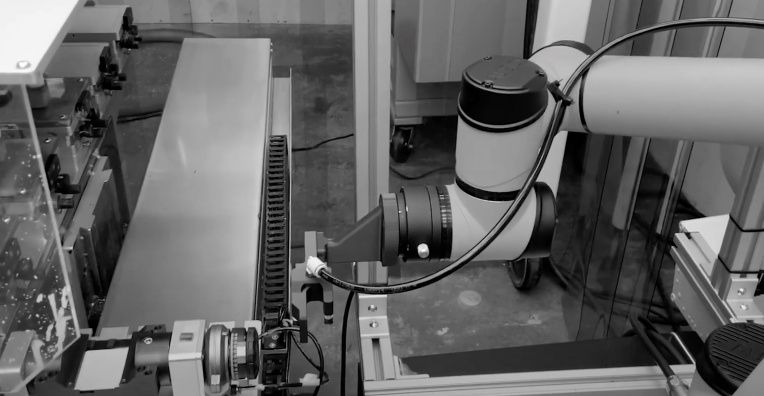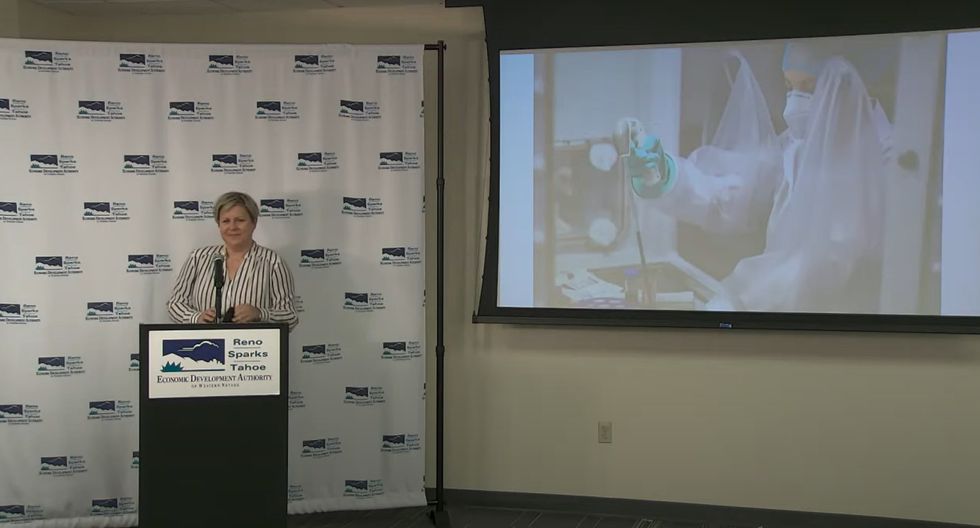Are we gonna get paid just to live in an automated world?
We may need to pay people just to live in an automated world, says Elon Musk. He reckons the robot revolution is inevitable and it’s going to take all the jobs.
For humans to survive in an automated world, he said that governments are going to be forced to bring in a universal basic income—paying each citizen a certain amount of money so they can afford to survive. According to Musk, there aren’t likely to be any other options.
“There is a pretty good chance we end up with a universal basic income, or something like that, due to automation,” he told CNBC in an interview. “Yeah, I am not sure what else one would do. I think that is what would happen.”
The idea behind universal basic income is to replace all the different sources of welfare, which are hard to administer and come with policing costs. Instead, the government gives everyone a lump sum each month—the size of which would vary depending on political beliefs—and they can spend it however they want.








